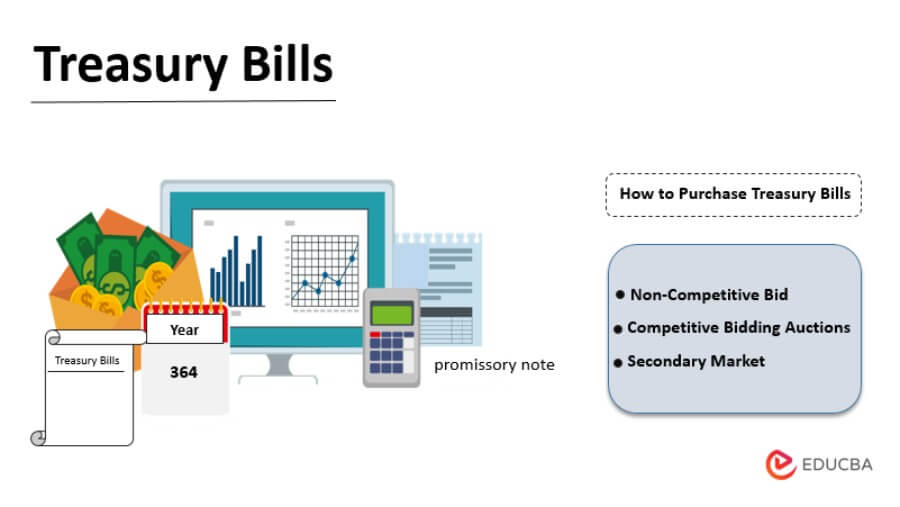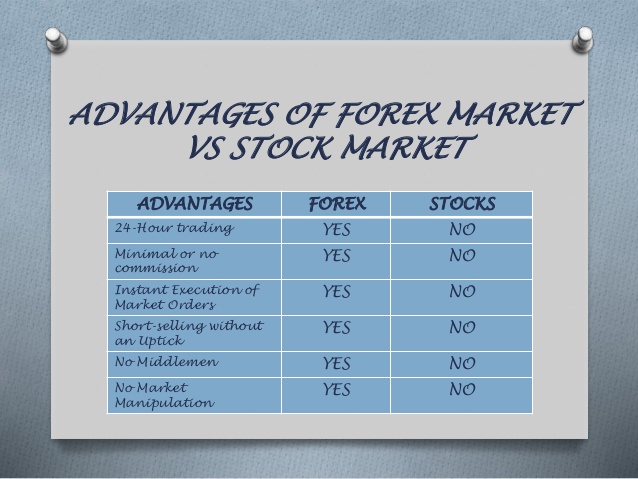
Crowdfunding is a good way to invest in real estate. But there are some downsides. Here are some details about Regulation Crowdfunding (CF), how it works, what the return on your investment is, and what the illiquidity is for real estate assets. This article should help you understand crowdfunding for real estate and make informed decisions about whether it is right for your needs.
Regulation Crowdfunding
The JOBS Act of 2012 ushered in Regulation CF (Regulation of Crowdfunding for Real Estate), a process that allows ordinary people to invest in real estate projects. Reg CF is a major step forward in the real estate sector, because it allows non-accredited investors to take part in crowdfunding deals. Because crowdfunding is legal, there are no regulatory requirements for real-estate crowdfunding projects.
The JOBS Act of2012, also known by the JOBS Act has changed crowdfunding rules. Businesses can now advertise to investors under the JOBS Act. Before, crowdfunding was only available to not-for-profit companies, so for-profit companies could not advertise for investors without a formal, intrastate offering. Title II to the JOBS Act gave direction to the Securities and Exchange Commission for rules regarding this new form. The SEC adopted Regulation D and Rule 506 (c) in September 2013 to permit companies to undertake their first public offering.

Returns on investment
Crowdfunding offers a high degree of diversification, which is a major advantage to real estate investors. The majority of crowdfunding deals start at about $1,000 and cover dozens different property types across the country. While crowdfunding for real property is still a relatively new concept, developers who are experienced in the field can still reap high profits. In addition, returns from this form of investing can sometimes be higher than conventional investment strategies. Listed below are some factors to consider when investing through crowdfunding for real estate.
Crowdfunding for real estate is often not correlated with stock markets performance. Because investors invest in individual properties, rather than the whole market, fluctuations in the financial markets do not affect their investment value. Investors are thus more protected from fluctuations in the realty market. Real estate can be a safe, reliable, and consistent investment strategy. It is also easier to invest through crowdfunding platforms for real estate.
Illiquidity in real estate as an asset
Crowd-investing is the right name for real estate that can be used as a crowdfunding asset. It will allow a wider range of people to take part in the fun, and also earn a return. While group investing isn't a new concept in real estate, it has been practiced for centuries within private circles. The crowdfunding model opens up the real estate investing market to a much larger audience, and this increased liquidity will change the way many people invest.
Real estate crowdfunding websites offer investors access to commercial real-estate projects. Accredited investors can also be provided with minimal due diligence. Before investors invest in real estate brokers and developers, they must go through background checks. They also have to check references and their creditworthiness. To participate on most real estate crowdfunding platforms, investors need to invest at least $25,000 This is a high threshold because the investment may not become liquid for many years.

Drawbacks of crowdfunding for real estate
Crowdfunding to invest in real estate comes with several drawbacks. Crowdfunding campaigns are limited to accredited investors and not open to everyone. Hidden costs in the real estate crowdfunding market can also negatively impact your return. You must weigh the pros and disadvantages of any investment before you make any decision. Continue reading to find out about the pros and cons of crowdfunding real estate. Crowdfunding might be the right choice for you if real estate investing is something you are interested.
The lack of diversification is another problem. Many crowdfunding projects only accept investments of up to $500, while traditional real estate requires tens of thousands of dollars. This allows new investors to explore real estate without having to break the bank. And the smaller investment amount means greater diversification. If you are an investor who is looking for long-term investments, crowdfunding may not be the right choice.
FAQ
Why are marketable Securities Important?
The main purpose of an investment company is to provide investors with income from investments. It does so by investing its assets across a variety of financial instruments including stocks, bonds, and securities. These securities have attractive characteristics that investors will find appealing. These securities may be considered safe as they are backed fully by the faith and credit of their issuer. They pay dividends, interest or both and offer growth potential and/or tax advantages.
The most important characteristic of any security is whether it is considered to be "marketable." This refers primarily to whether the security can be traded on a stock exchange. Securities that are not marketable cannot be bought and sold freely but must be acquired through a broker who charges a commission for doing so.
Marketable securities include government and corporate bonds, preferred stocks, common stocks, convertible debentures, unit trusts, real estate investment trusts, money market funds, and exchange-traded funds.
These securities are preferred by investment companies as they offer higher returns than more risky securities such as equities (shares).
What is security in the stock market?
Security is an asset that produces income for its owner. The most common type of security is shares in companies.
A company could issue bonds, preferred stocks or common stocks.
The earnings per shares (EPS) or dividends paid by a company affect the value of a stock.
A share is a piece of the business that you own and you have a claim to future profits. If the company pays a payout, you get money from them.
You can always sell your shares.
What is a Stock Exchange and How Does It Work?
Stock exchanges are where companies can sell shares of their company. This allows investors the opportunity to invest in the company. The market decides the share price. It is often determined by how much people are willing pay for the company.
The stock exchange also helps companies raise money from investors. Investors are willing to invest capital in order for companies to grow. They do this by buying shares in the company. Companies use their money as capital to expand and fund their businesses.
There are many kinds of shares that can be traded on a stock exchange. Some shares are known as ordinary shares. These are the most common type of shares. Ordinary shares are traded in the open stock market. Stocks can be traded at prices that are determined according to supply and demand.
There are also preferred shares and debt securities. When dividends become due, preferred shares will be given preference over other shares. Debt securities are bonds issued by the company which must be repaid.
What's the role of the Securities and Exchange Commission (SEC)?
Securities exchanges, broker-dealers and investment companies are all regulated by the SEC. It also enforces federal securities law.
Statistics
- Ratchet down that 10% if you don't yet have a healthy emergency fund and 10% to 15% of your income funneled into a retirement savings account. (nerdwallet.com)
- US resident who opens a new IBKR Pro individual or joint account receives a 0.25% rate reduction on margin loans. (nerdwallet.com)
- Even if you find talent for trading stocks, allocating more than 10% of your portfolio to an individual stock can expose your savings to too much volatility. (nerdwallet.com)
- For instance, an individual or entity that owns 100,000 shares of a company with one million outstanding shares would have a 10% ownership stake. (investopedia.com)
External Links
How To
How to Trade in Stock Market
Stock trading is the process of buying or selling stocks, bonds and commodities, as well derivatives. Trading is French for "trading", which means someone who buys or sells. Traders trade securities to make money. They do this by buying and selling them. This is the oldest form of financial investment.
There are many ways you can invest in the stock exchange. There are three basic types: active, passive and hybrid. Passive investors do nothing except watch their investments grow while actively traded investors try to pick winning companies and profit from them. Hybrid investor combine these two approaches.
Index funds track broad indices, such as S&P 500 or Dow Jones Industrial Average. Passive investment is achieved through index funds. This type of investing is very popular as it allows you the opportunity to reap the benefits and not have to worry about the risks. Just sit back and allow your investments to work for you.
Active investing involves picking specific companies and analyzing their performance. Active investors look at earnings growth, return-on-equity, debt ratios P/E ratios cash flow, book price, dividend payout, management team, history of share prices, etc. They decide whether or not they want to invest in shares of the company. If they believe that the company has a low value, they will invest in shares to increase the price. On the other hand, if they think the company is overvalued, they will wait until the price drops before purchasing the stock.
Hybrid investment combines elements of active and passive investing. You might choose a fund that tracks multiple stocks but also wish to pick several companies. This would mean that you would split your portfolio between a passively managed and active fund.